World Liberty Financial (WLF), a crypto enterprise launched in fall 2024, aimed to disrupt the monetary providers trade by making a decentralized platform the place customers might entry monetary providers with out conventional banks. Nonetheless, behind the scenes, the Trump household took management of the mission in early 2025, securing 60% possession via WLF Holdco LLC and claiming 75% of the income from token gross sales and 60% of operational income, elevating critical questions concerning the platform’s governance and ethics.
How Did World Liberty Monetary Elevate $550 Million?
Regardless of not having a totally operational platform, World Liberty raised $550 million by March 2025 via the sale of $WLFI governance tokens. These tokens, whereas granting holders voting rights on platform growth, can’t be traded and supply minimal monetary advantages, elevating issues about token holder affect.
When Did the Trump Household Take Management?
Initially led by crypto entrepreneurs Zak Folkman and Chase Herro, World Liberty monetary shifted management to the Trump household in January 2025. Via WLF Holdco LLC, the Trump household now holds a 60% possession stake and enjoys vital management over the platform’s future. Moreover, they declare a majority of the income, estimated to be $400 million from token gross sales alone.
Why Are World Liberty’s Governance Phrases Controversial?
The construction of World Liberty monetary governance guarantees decentralization, however the actuality is way from it. Not like main DeFi platforms the place token holders get pleasure from significant governance rights, $WLFI token holders don’t have any actual management. Governance phrases explicitly state that votes in opposition to offers involving the Trump household or different insiders can be null and void, making the notion of decentralization merely symbolic.
Jim Angel, a professor at Georgetown College, highlighted that the governance mannequin excludes public buyers from having any significant participation or monetary stake, reinforcing issues concerning the platform’s legitimacy.
Who Are the Main Traders Behind World Liberty?
World Liberty financials’ fundraising efforts attracted deep-pocketed buyers, with 70% of the funds coming from wallets that spent over $100,000 and 50% of purchases from buyers who contributed $1 million or extra.
One notable investor is Justin Solar, a Hong Kong-based crypto entrepreneur who initially invested $30 million, rising his stake to $75 million. Solar’s involvement has raised eyebrows, given his ongoing authorized battle with the U.S. Securities and Exchange Commission (SEC) over alleged securities fraud.
Ethical Concerns Over Trump’s Involvement
The Trump family’s deep involvement in World Liberty raises ethical red flags. Former U.S. banking regulator Ross Delston warned that the venture’s structure opens the door for potential foreign influence, allowing external entities to funnel money to the president through crypto channels.
While Trump has positioned himself as the “crypto president” advocating for the U.S. cryptocurrency industry, critics argue that the venture is less about decentralization and more about consolidating financial power within the Trump family, creating a conflict of interest that could shape the future of the crypto industry.
What’s Next for World Liberty?
Despite raising over $550 million, World Liberty’s platform remains incomplete and underdeveloped. The company has ambitious plans to launch:
- A “lend and borrow” market for decentralized lending
- A personal finance app to introduce everyday Americans to crypto
- A stablecoin (USD1) backed by U.S. Treasuries
However, a recent audit by CertiK, a cybersecurity firm, revealed that many platform features are still not operational, raising concerns about the project’s progress and transparency.
Why Are Experts Concerned About World Liberty’s Future?
Crypto and finance experts remain skeptical about World Liberty’s future. While the project promised decentralization and innovation, the Trump family’s control and skewed governance structure paint a different picture. The venture’s governance terms, heavily favoring insiders, distinguish it from major DeFi platforms where token holders have a greater say.
With key features still undeveloped and major ethical concerns looming, World Liberty’s future seems uncertain—prompting experts to question whether the project is truly about decentralizing finance or merely amassing wealth and influence for the Trump family.
For more insights and updates on Metaverse, DeFi, Blockchain, NFT & Web3, be sure to subscribe to our newsletter. Stay informed on the latest trends and developments in the decentralized world!
You might also like
More from Web3
Ripplecoin Mining Free Cloud Mining App, High-yield Cloud Mining Investment Guide for BTC and XRP Holders
DALLAS, Texas, June 14, 2025 (GLOBE NEWSWIRE) — Ripplecoin Mining, the worldwide chief in cloud mining, has just lately …












